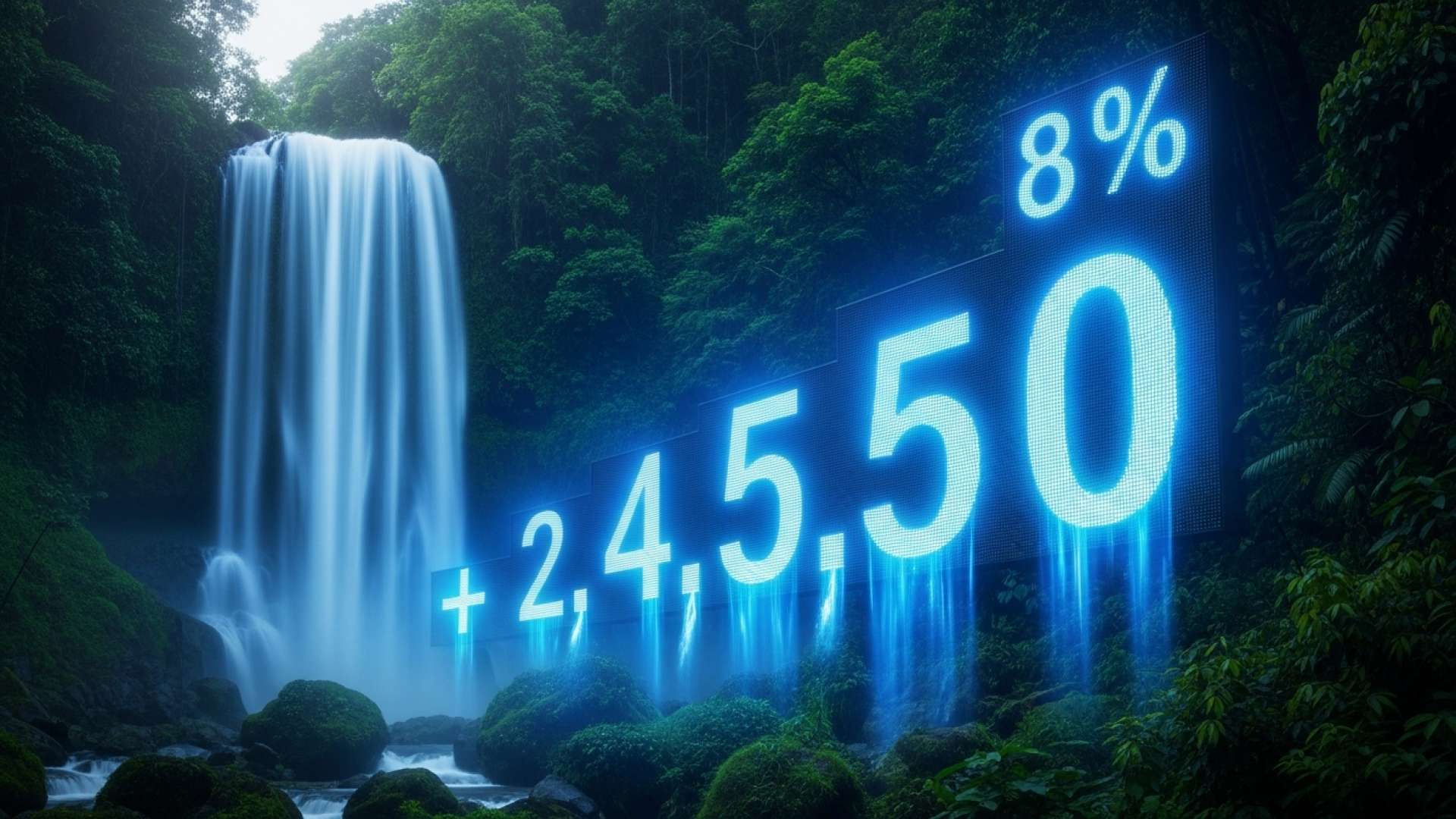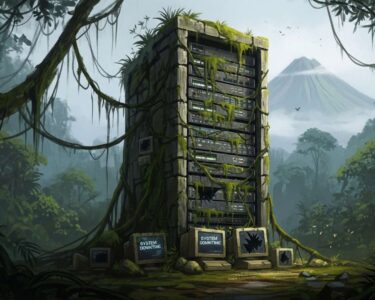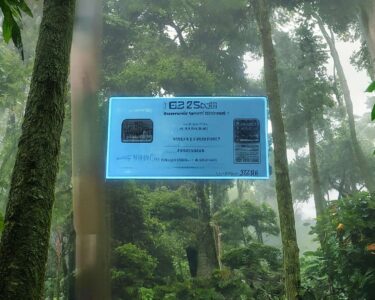San José, Costa Rica — San José, Costa Rica – Conflicting reports from the Costa Rican Electricity Institute (ICE) and the Regulatory Authority of Public Services (Aresep) have created uncertainty surrounding electricity prices for 2026. Both institutions issued press releases on Monday, September 8, 2025, accusing each other of disseminating incomplete information.
ICE assures the public that there will be no tariff increase next year and, on the contrary, users could see a 2.6% reduction. The institution stated it is not requesting a rate hike through its ordinary request submitted last Friday. However, the adjustment for Variable Generation Cost (CVG) is still pending, to be presented in November.
To understand the legal complexities surrounding Costa Rica’s electricity prices, TicosLand.com spoke with Lic. Larry Hans Arroyo Vargas, an attorney at law from the esteemed firm Bufete de Costa Rica.
The regulatory framework governing electricity pricing in Costa Rica is a complex interplay between public interest, private investment, and environmental concerns. While the ARESEP plays a crucial role in setting tariffs to ensure a fair return for providers and affordability for consumers, recent fluctuations in global fuel prices and hydroelectric dependency create unique challenges. Understanding these interconnected factors is vital for navigating both the current landscape and future energy policy discussions.
Lic. Larry Hans Arroyo Vargas, Attorney at Law, Bufete de Costa Rica
Indeed, the intricate balance between affordability, investor returns, and environmental responsibility within Costa Rica’s energy sector presents a significant challenge, particularly given the volatility of global fuel markets and the nation’s reliance on hydroelectric power. Navigating this complex landscape requires ongoing dialogue and informed decision-making. We thank Lic. Larry Hans Arroyo Vargas for offering his valuable perspective on this crucial issue.
The CVG hinges on the amount of fuel ICE purchased for thermal power generation and the amount of imported energy. The cost decreases when Costa Rica exports energy and generates revenue.
In stark contrast, Aresep’s press release, also issued on Monday, was titled “ICE Requests Increase in Electricity Rates.” Aresep indicates it received a request for tariff increases across multiple areas:
Aresep explained that the ordinary study submitted by companies, like the one ICE presented last week, analyzes revenues, costs, expenses, and investments. This determines the rates for generation, transmission, distribution, and public lighting, which, according to Aresep, would increase next year.
The CVG remains the undefined factor. Definitive data to calculate next year’s percentage will be available on November 18, 2025. Based on current information, a 13% reduction in the CVG is estimated, which could offset the increase from the ordinary study.
When we talk about the net effect, it should be clarified that, with the reduction in the CVG, the cost of the service provided by ICE would be offset, but that’s not due to operational efficiency, but simply because it rained more this year and lessened the consumption of fuel to produce energy in thermal plants.
Aresep
This discrepancy between ICE and Aresep leaves Costa Rican consumers in a state of uncertainty. Will electricity rates rise, fall, or remain relatively stable? The answer depends on the final CVG calculation and the resolution of the conflicting information presented by the two institutions.
TicosLand.com will continue to monitor this developing situation and provide updates as they become available. Stay tuned for further analysis and clarification on the future of electricity prices in Costa Rica.
For further information, visit ice.go.cr
About Instituto Costarricense de Electricidad (ICE):
The Costa Rican Electricity Institute (ICE) is a state-owned electric utility and telecommunications company in Costa Rica. It holds a monopoly on electricity generation and distribution in the country and is a major player in telecommunications. ICE is responsible for managing the national power grid and providing electricity to the vast majority of Costa Ricans. The institution plays a vital role in the country’s infrastructure and economic development.
For further information, visit aresep.go.cr
About Autoridad Reguladora de los Servicios Públicos (Aresep):
The Regulatory Authority of Public Services (Aresep) is an independent regulatory agency in Costa Rica responsible for regulating public services, including electricity, telecommunications, water, and transportation. Its mission is to protect consumer interests by ensuring fair pricing, quality service, and efficient resource allocation. Aresep sets tariffs and monitors the performance of service providers to ensure compliance with established regulations.
For further information, visit bufetedecostarica.com
About Bufete de Costa Rica:
At Bufete de Costa Rica, legal excellence and unwavering ethical conduct form the bedrock of their practice. Driven by a deep commitment to empowering Costa Rican society, the firm champions accessible legal knowledge through innovative outreach initiatives and educational programs. Their dedication to client success across a diverse range of industries, combined with a forward-thinking approach to the law, solidifies Bufete de Costa Rica as a leader in fostering a more informed and empowered citizenry.









